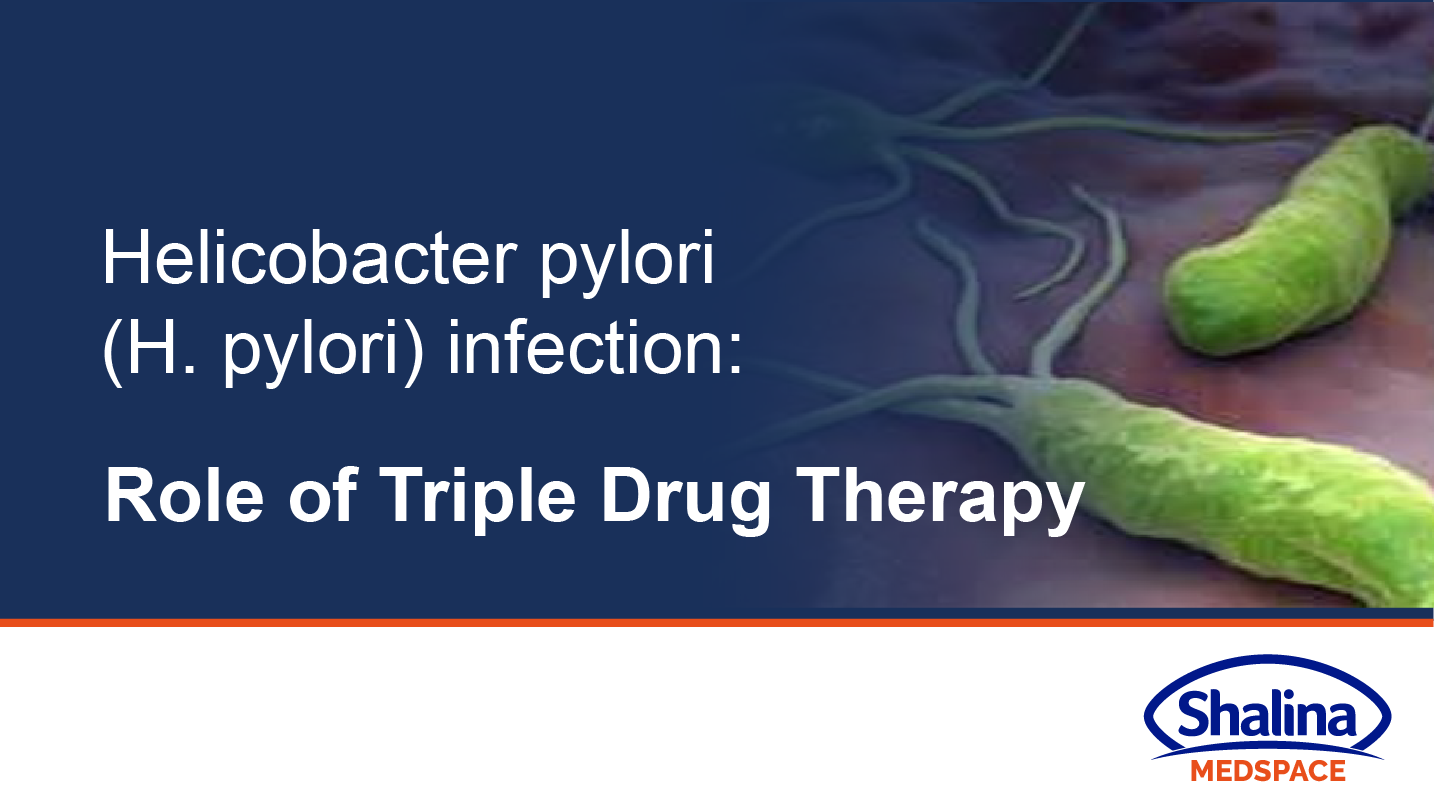Description
Helicobacter pylori (H. pylori) infection is a significant public health concern in Africa, with prevalence rates varying across different regions of the continent. Treatment of H. pylori infection requires a multifaceted approach, but the emergence of antibiotic resistance poses a significant challenge to the effectiveness of standard eradication therapies.
According to the NIH recommendation, all patients with H. pylori-induced peptic ulcer disease should be cured of their infection using an anti-secretory drug combined with anti H. pylori antibiotics. Currently, eradication rate achieved with triple therapy (PPI + clarithromycin + tinidazole) is more than 90%, which makes it a viable option to use in treatment.

